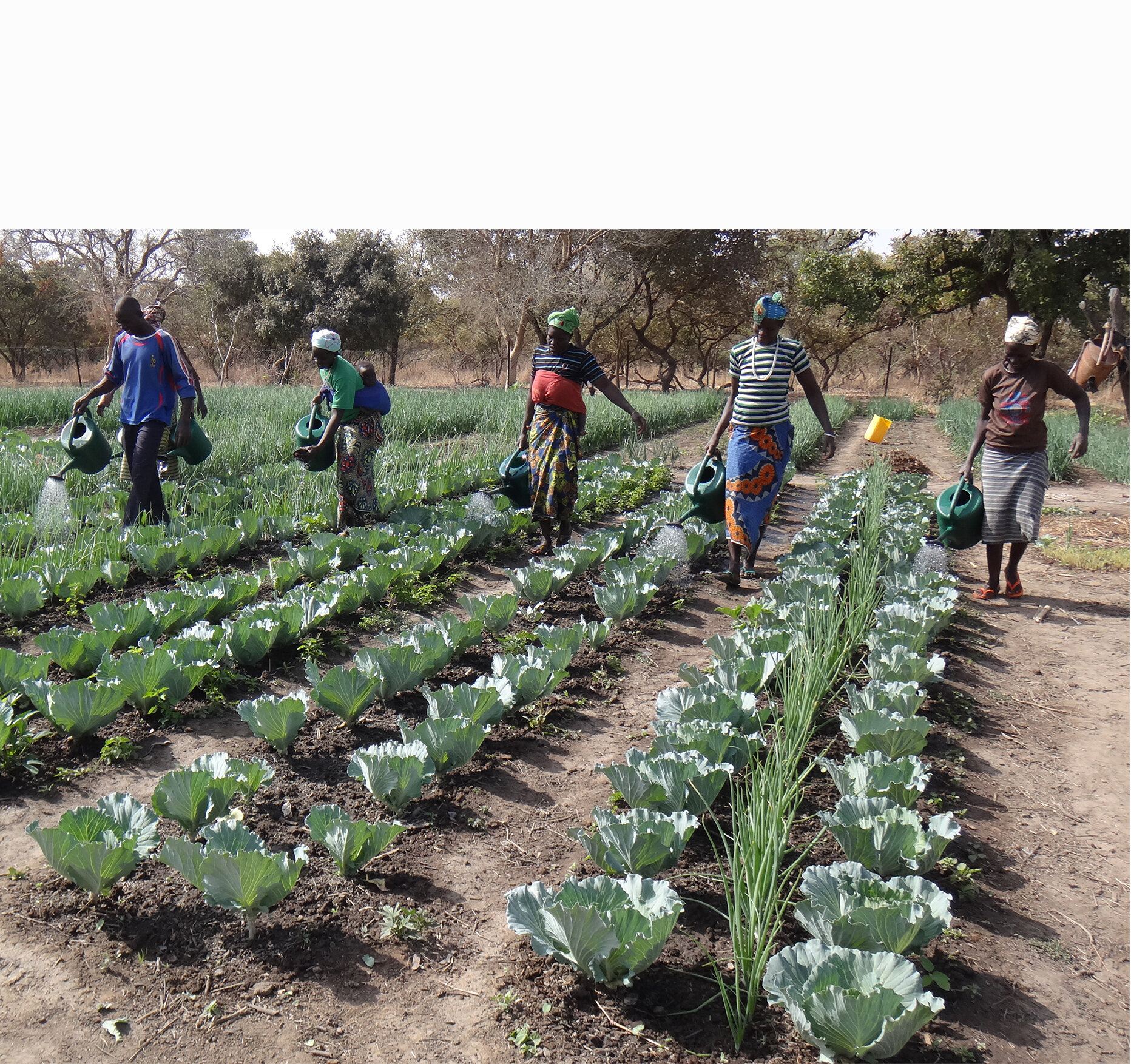
PROGRAM AREA: FOOD SOVEREIGNTY
Building capacity and power in Indigenous communities, communities of color, and social movements
Food Sovereignty is the right of peoples to healthy and culturally appropriate food produced through ecologically sound and sustainable methods, and to define their own food and agriculture systems.
Food sovereignty is deeply connected to global struggles for a more socially just and sustainable world and necessary for a just transition to a regenerative economy and food system. It is a real solution to the most critical issues facing humanity, including global food and water insecurity, climate change, and environmental degradation.
Focus
CS Fund’s grantmaking is grounded in traditional agricultural knowledge and agroecological practices, and focuses on three cornerstones of agrobiodiversity and food system resilience.
Seeds - Preserving native and traditional seeds.
Soils - Building healthy and fertile soils.
Pollinators - Protecting and restoring the populations and diversity of native pollinators.
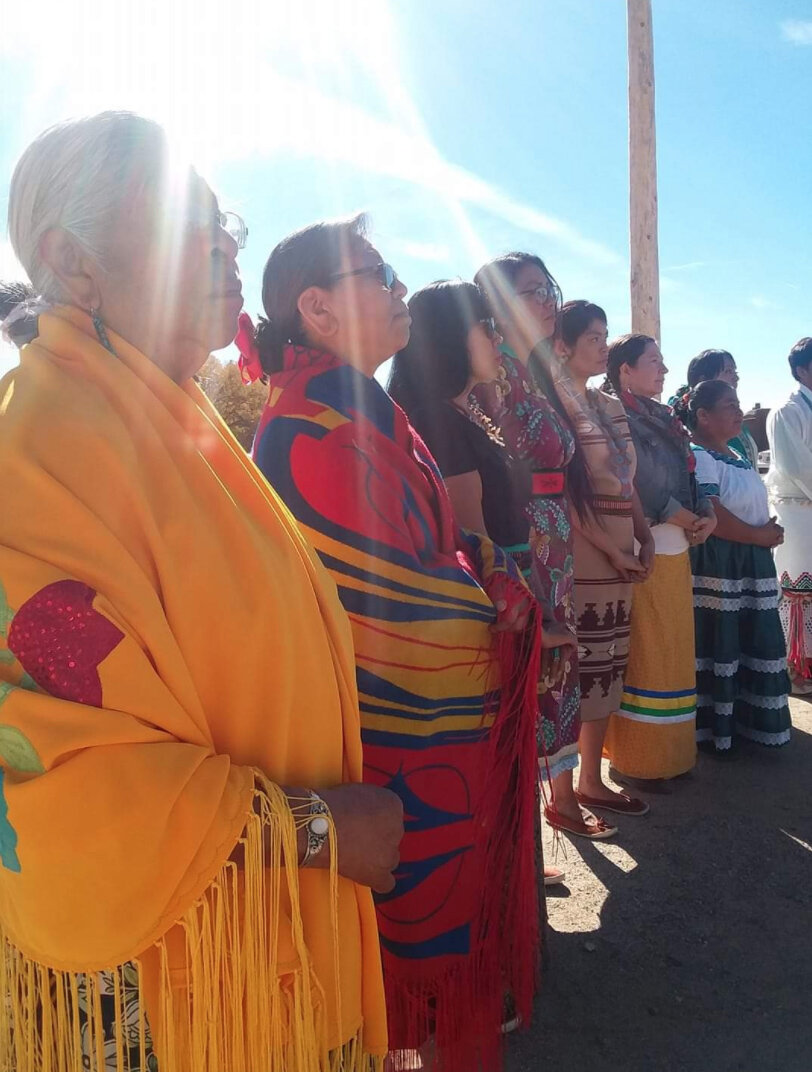
North American Food Sovereignty Alliance/Indigenous Seed Keepers Network

Southeastern African American Farmers Organic Network
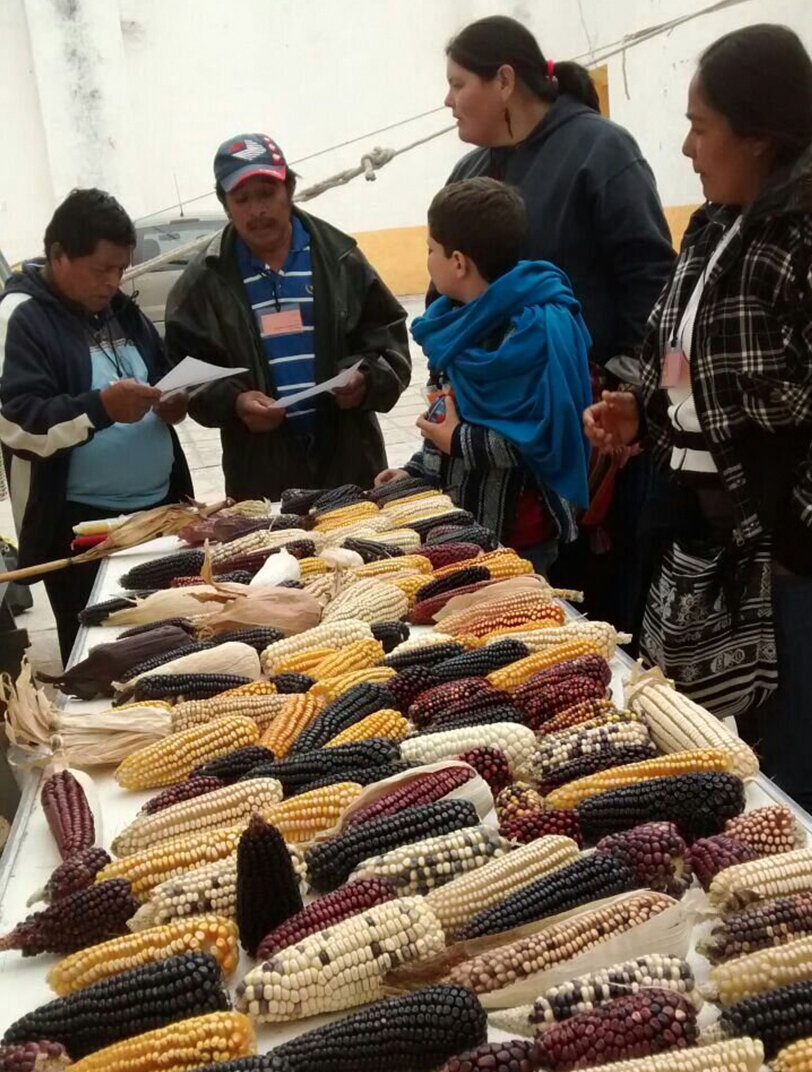
Colectivo por la Autonomía
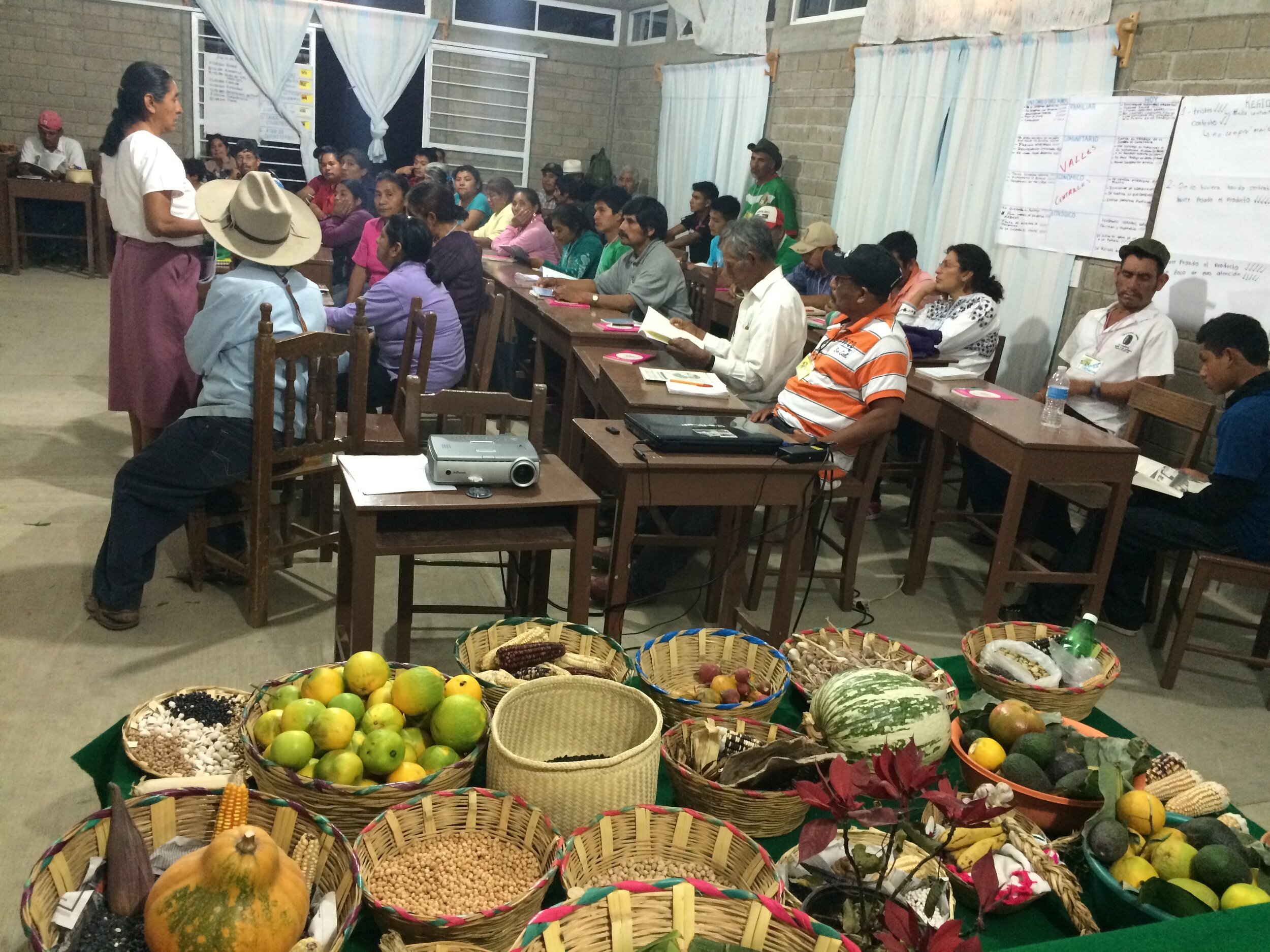
ETC Group - Mexico City
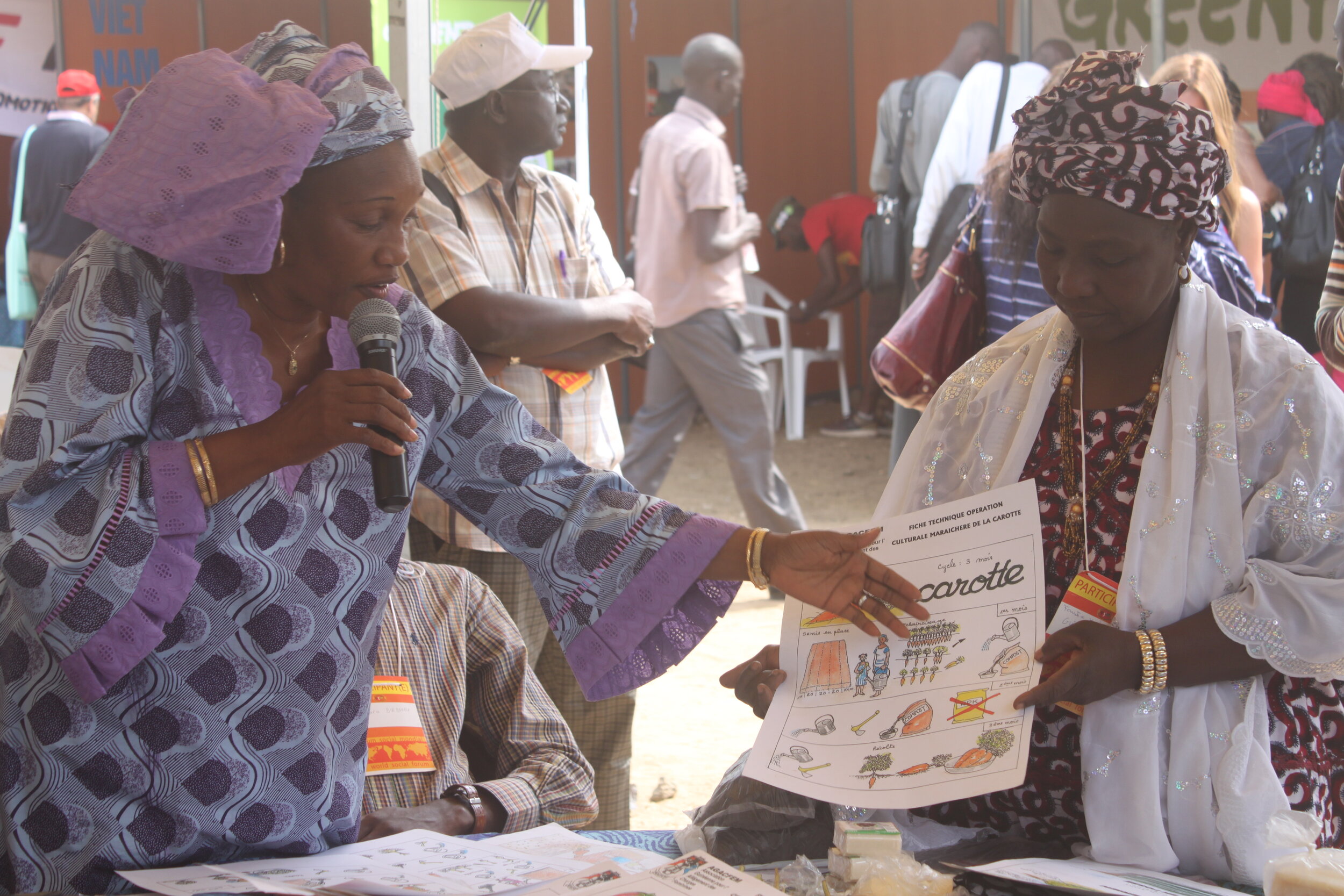
Association Guineenne pour L’Allegement des Charges Feminines
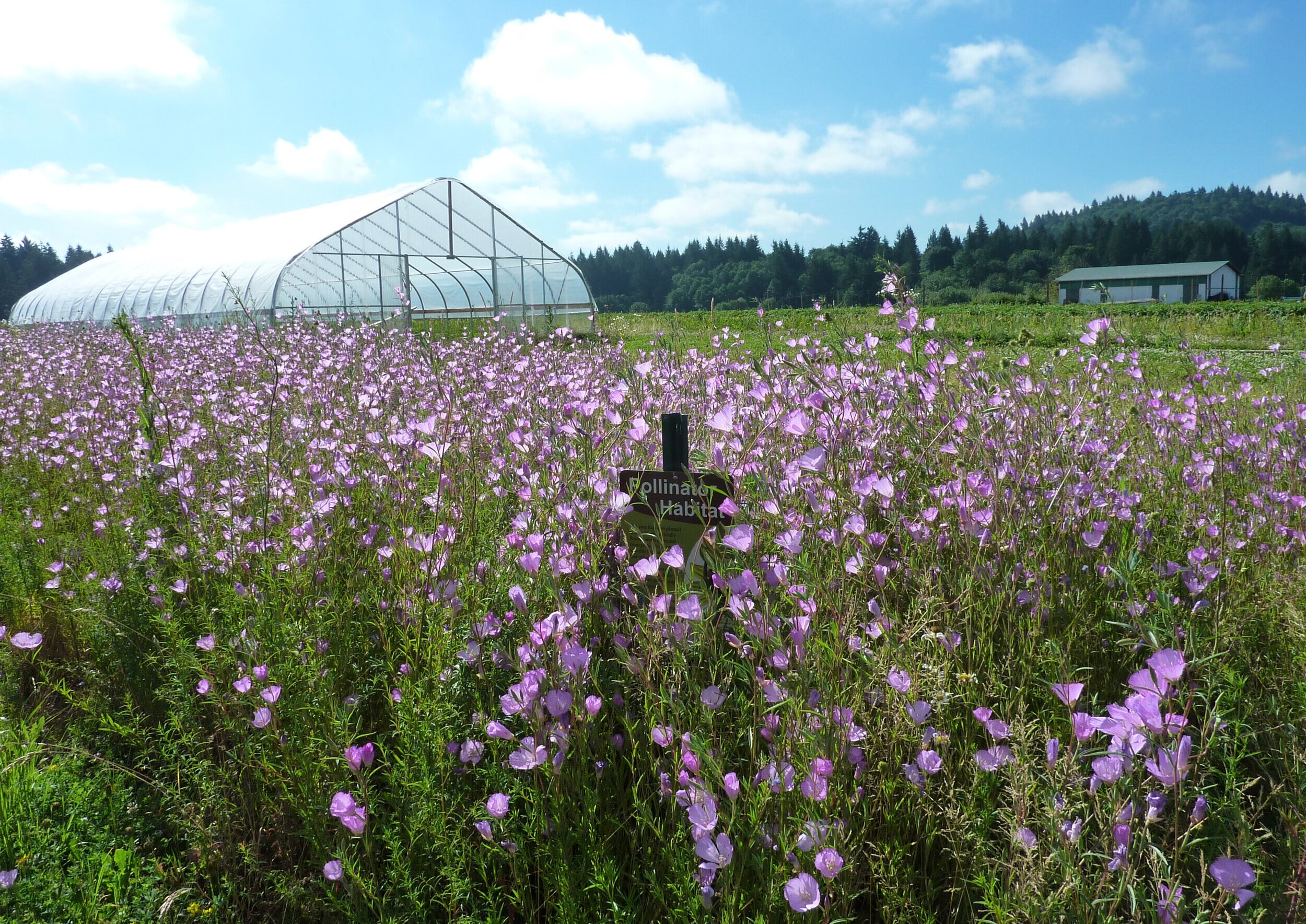
The Xerces Society
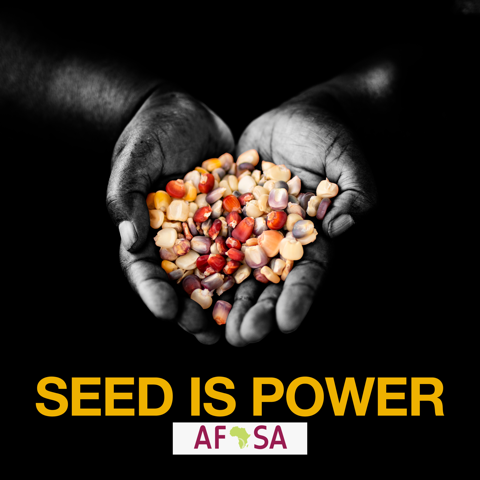
Alliance for Food Sovereignty in Africa
PROBLEM
Our food system is dominated by ever-growing corporate giants, vast monocultures, agrochemicals, GMOs and privatized seeds, degraded soils, and plummeting pollinator numbers.
Rapidly increasing levels of corporate concentration reinforce the industrial model, intensifying its social and environmental fallout and increasing existing power imbalances – all exacerbated by climate change. New technologies that benefit this model, such as gene editing and big data, provide powerful new drivers for accelerating consolidation and control by agribusiness and further entrenching the industrial model and its assault on the peasant farming systems that feed 70% of the world.

Mission
To establish agroecology and traditional farming systems as the predominant forms of agriculture, with food sovereignty ensured for all peoples, and seeds, soils and pollinators protected and valued as the cornerstones of resilient farming systems.
Vision
Agriculture protects natural systems and biodiversity.
The human right to food – to be free from hunger, food insecurity and malnutrition – is recognized and respected.
The right of all peoples to food sovereignty – to define their own diverse agricultural systems that are localized, sustainable, culturally appropriate, and based on traditional knowledge and agroecology – is respected.
Smallholder farmer-led agroecology and traditional methods of farming are recognized as the real solutions to global hunger and the grave environmental and climate challenges the planet faces.
Control over genetic resources is wrested from corporations and governments and restored to those that will sustain them and ensure their equitable use, with native and farmer-saved seeds freely saved and shared.
Soil health and fertility is restored as vital to preserving biodiversity, achieving global food and water security, and mitigating climate change.
The numbers, diversity, and habitat of pollinators – especially native species – are restored and protected.
Scope
This program makes grants in the US and the Global South.
Current Grants
Program Areas
-

Fighting False Solutions
Stopping techno-fixes and securing precautionary assessment, regulation and oversight
-

Just Transitions
Building intersectional, community-level social and ecological justice
-

Rights and Governance
Protecting and advancing civil rights and liberties, justice and equity, and democracy
